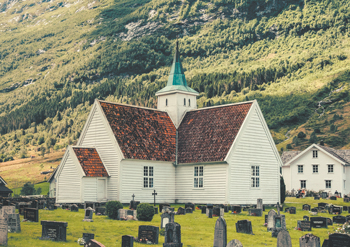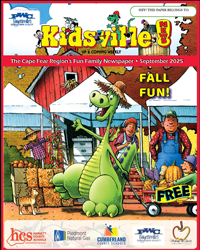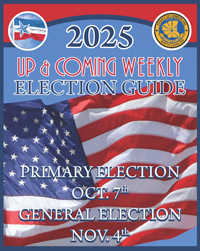Religion is — and always has been — part of American life and culture.
Native Americans worshipped in their own ways long before European settlers set foot on Americans soil, and when they did, at least some came to practice their own religions freely. Most were Christian, both Catholic and Protestant, including small sects apart from more mainstream faiths. Over more than three centuries of colonization and then nationhood, various faiths and traditions spread across our huge nation. Most are among the world’s great  traditional faiths — Christianity, Islam, Buddhism, Hinduism — but we also embrace smaller religious communities, what the late, great comedian Flip Wilson tagged the “church of what’s happening now.” These are often one-of-a-kind religious communities centered on a charismatic leader and without a particular creed or formal statement of belief.
traditional faiths — Christianity, Islam, Buddhism, Hinduism — but we also embrace smaller religious communities, what the late, great comedian Flip Wilson tagged the “church of what’s happening now.” These are often one-of-a-kind religious communities centered on a charismatic leader and without a particular creed or formal statement of belief.
Religion in America is personal. We can choose to be part of a traditional faith or we can do our own thing. We can decide to be “spiritual” as opposed to “religious,” and we can decide we are not sure there is a higher power or that we believe there is none at all. And all of this is guaranteed under the First Amendment of our Constitution, addressing freedom of expression, both political and religious, a right so fundamental and important that the Founding Fathers listed it first.
That does not mean, however, that we know much about the faiths our fellow Americans profess beyond our own, if we have one. The Pew Research Center recently released the results of a national study entitled “Religion and Public Life,” which finds that most of us know not so much about faiths beyond our own, and some of us know not so much about ours either. Here is a broad outline of Americans’ knowledge of the world’s traditional faiths.
Jews, atheists and agnostics answer questions about religious knowledge correctly more than half the time.
Evangelical Protestants also answer religious knowledge questions correctly at above average levels.
Mainline Protestants, Catholics and Mormons answer correctly at about the same level as the general public.
When asked specific questions about Christianity, evangelical Christians score at about the same levels as atheists and agnostics, followed by Catholics, mainline Protestants, Mormons and Jews.
Religious knowledge gets murkier when asked about faiths other than Christianity.
Not surprisingly, Jews score well on questions regarding Judaism, but others not so much. Next highest, but still far behind, are atheists with historically black Protestant congregants bringing up the rear.
When questions about elements of other world religions — Islam, Hinduism, Buddhism and Sikhism — we Americans are almost blank slates. Fewer than half of us know that most people in Thailand are Buddhists. Only about one quarter of us know that Indonesia has the world’s largest Muslim population, and fewer than 20-percent of us know that Ethiopia is a predominantly Christian nation.
Interestingly, most Americans can define what atheists and agnostics believe, but more than 10% of us have no idea at all.
Perhaps more troubling is that while most of us of all religious stripes or no religious stripe at all know that the US Constitution protects freedom of religion, only a quarter of us understand that there can be no religious test for holding public office in our country. In other words, most of us apparently and erroneously believe office holders must affirm some religious beliefs.
The Pew Research Center offers neither conclusions nor opinions on any of this — just the facts as it determined them. It seems clear, though, that in our growing and diverse nation, the more we know and understand each other the better. At this point in our history, we are at each other’s throats politically with no détente in sight. Our freedom of religion is among our most precious legacies from our founders. Perhaps in celebrating and honoring that freedom we will learn more about each other and begin building bridges in other areas of our common lives.
Honestly, we have little place to go but up.

 How to resolve AdBlock issue?
How to resolve AdBlock issue? 









